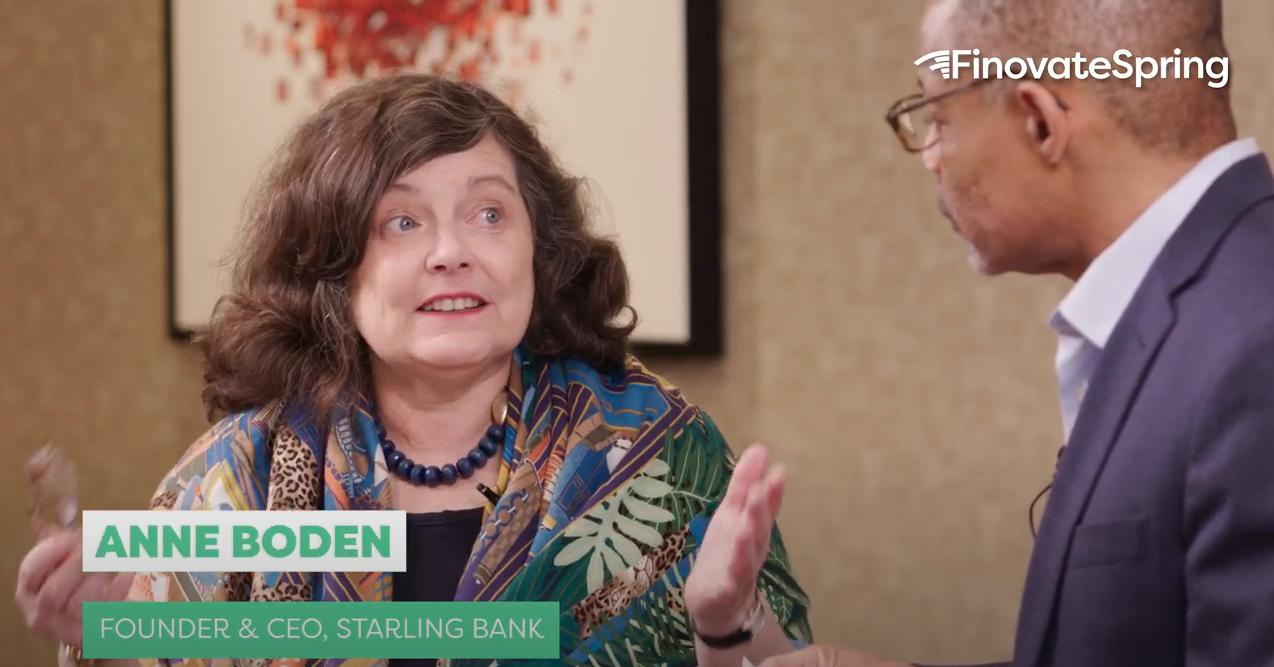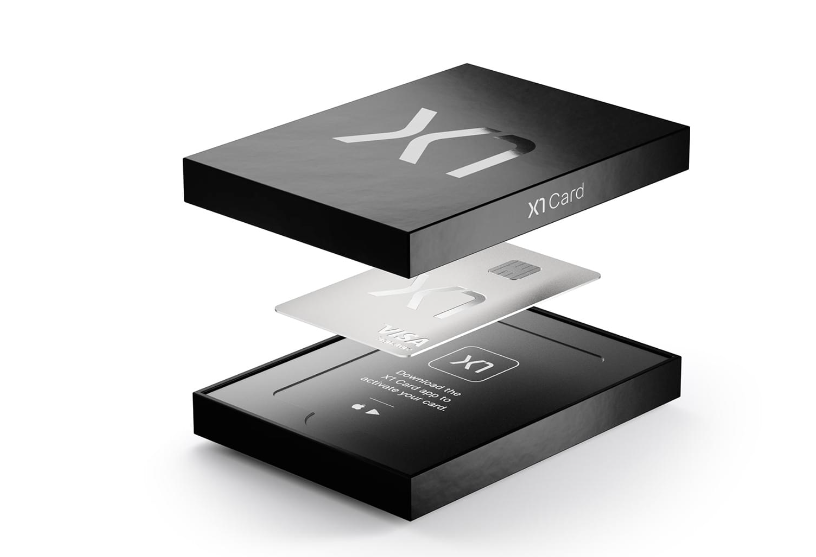
- Open-Finance.ai partnered with FICO to leverage the company’s Blaze Advisor decision rules management system.
- Israel-based Open-Finance.ai will integrate Blaze Advisor into its open banking platform to offer real-time credit assessments.
- This news comes as “Israel is on the cusp of major banking reform with the introduction of open banking,” said FICO VP of Partner Management in Europe, the Middle East, and Africa Mark Farmer.
Analytic decisioning platform FICO and risk, finance, and compliance software company Open-Finance.ai have teamed up this week.
Under the agreement, Open-Finance.ai will integrate the FICO’s Blaze Advisor decision rules management system into its open banking platform. Using FICO’s technology, Open-Finance.ai will assist its financial services clients to save time on consumer credit assessments by leveraging real-time, analytically driven appraisals.
For Israel-based Open-Finance.ai, this comes just as open banking legislation is gaining traction. “Israel is on the cusp of major banking reform with the introduction of open banking,” said FICO VP of Partner Management in Europe, the Middle East, and Africa Mark Farmer. “Automating decisions allows lenders to increase the efficiency of the lending process without sacrificing risk management regulatory rigour. This will speed up lending, increase customer satisfaction, reduce operational costs and drive economic activity.”
Open-Finance.ai anticipates the move will help remove human bias from lending decisions, improve risk decisions, and expand access to credit to more people.
FICO’s Blaze Advisor gives businesses a solution to make smarter, more transparent business decisions by offering companies multiple methods for rule authoring, testing, deployment, and management. To make this work, Blaze Advisor provides decision trees, scorecards, decision tables, graphic decision flows, and customized templates. The technology also supports business performance monitoring.
“Manual processes, a conservative approach and significant regulation have been a drag on growth of the Israeli market,” said Open-Finance.ai Co-founder Shay Basson. “Now, we have an ability to manage risk instantly, based on multiple data sources to provide an instant, yet risk-aware decision to credit and insurance consumers.”
Founded in 1956 and headquartered in California, FICO offers decisioning tools used by more than 650 clients, including nine of the top 10 U.S. banks and eight of the top 10 EMEA banks. Last year, FICO launched a new loan origination solution called FICO Originations Solution that seeks to automate the entire customer journey.
Photo by Anna PopoviÄ on Unsplash












